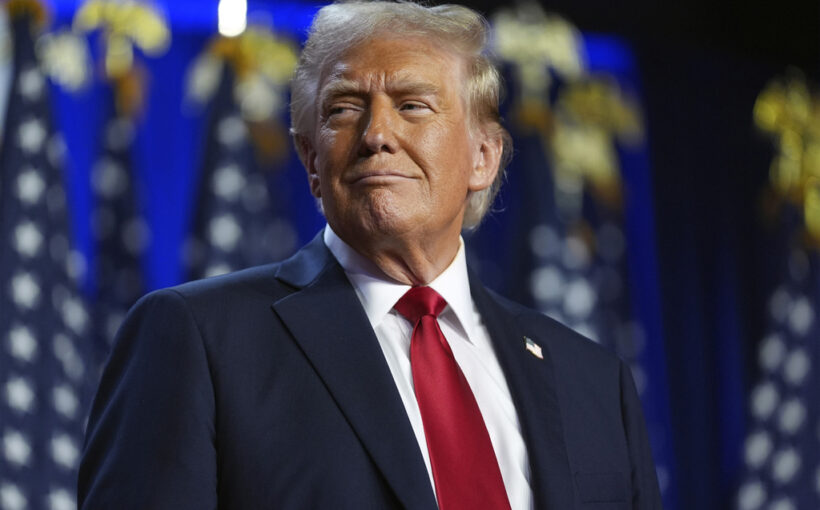President-elect Donald Trump vowed on Friday to get rid of daylight saving time, calling the practice of semiannual clock-switching “inconvenient” and “costly.”
“The Republican Party will use its best efforts to eliminate Daylight Saving Time, which has a small but strong constituency, but shouldn’t! Daylight Saving Time is inconvenient, and very costly to our Nation,” Trump wrote in a post on his social media platform Truth Social.
It’s not clear whether Trump meant that he supports making daylight saving time permanent, or simply that he supports sticking with standard time, which began on November 3 this year and will end on March 9, 2025.
In 2022, the Senate unanimously passed legislation making daylight saving time permanent for the entire United States. The bill, titled the Sunshine Protection Act, was co-sponsored by Senators Marco Rubio (Republican, Florida) and Sheldon Whitehouse (Democrat, Rhode Island). The senators cited increased heart attacks and car accidents during standard time as reasons the country should do away with clock-switching. However, the Republican-controlled House never took up the bill.
“It’s time to lock the clock and stop enduring the ridiculous and antiquated practice of switching our clocks back and forth. Let’s finally pass my Sunshine Protection Act and end the need to ‘fall back’ and ‘spring forward’ for good,” Rubio said in a statement this October.
Opponents of the move have argued that early-morning darkness would be dangerous for children going to school, and would make life harder for shift workers.
The US tried permanent daylight saving time in the 1970s, but Congress reversed it after one year due to complaints about no sunlight in some parts of the country until 9 am.
Republicans could have a hard time ending daylight savings in the next Congress. Although they will have a larger 53-47 majority in the Senate, their razor-thin edge in the House ― just a single vote early next year ― will make passing any controversial bill extremely difficult.





